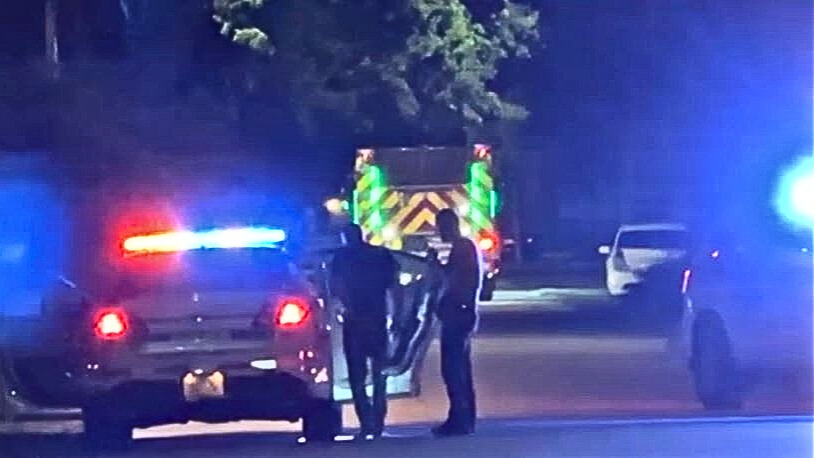South Florida airports continue to see a large number of flights delays and cancelations Wednesday amid growing questions about Southwest Airlines’ decision to cancel thousands of commercial flights over the holidays while competitors canceled far fewer.
At Miami International Airport, 62 flights have been delayed and 35 canceled as of 9 a.m. with nearly all the cancelations coming from Southwest. At Fort Lauderdale-Hollywood International Airport, 56 flights have been delayed and 90 have been canceled with nearly all coming from Southwest.
The airline reported a "disproportionate" amount of cancellations compared to other major carriers as the post-holiday travel rush began.
It canceled more than 70% of its flights Monday, more than 60% on Tuesday, and warned that it would operate just over a third of its usual schedule in the days ahead to allow crews to get back to where they needed to be.
Get South Florida local news, weather forecasts and entertainment stories to your inbox. Sign up for NBC South Florida newsletters.
''I want everyone who is dealing with the problems we've been facing, whether you haven't been able to get to where you need to go or you're one of our heroic employees caught up in a massive effort to stabilize the airline, to know is that we're doing everything we can to return to a normal operation," Southwest Airlines CEO Bob Jordan said. "And please also hear that I'm truly sorry.''
American, United, Delta and JetBlue, suffered cancellation rates of between none and 2% by Tuesday.
In fact, of the 2,890 flight cancellations in the U.S. early Tuesday, 2,522 were called off by Southwest.
Local
In multiple interviews, representatives for flight attendants, staff, and pilots associations lay the blame on several factors: an outdated scheduling system, the company’s unique “point-to-point” route system, and the inciting incident of a large winter storm.
In press statements, Southwest leaders say the problem is not staffing but logistics and operations. Jay McVay, a Southwest spokesperson, said the cancellations snowballed because flight crews and planes were out of place.
“So we’ve been chasing our tails, trying to catch up and get back to normal safely, which is our No. 1 priority, as quickly as we could,” said McVay.
Unlike most major airlines, Southwest operates a “point-to-point” route system, which offers a higher percentage of direct and non-stop flights by picking up different crews along the way. However, when a problem arrives like this winter storm, crews and planes are scattered throughout the country and the whole system gets thrown off.
That system differs from other airlines which use a “hub-and-spoke” system, routing planes through several regional hubs. It requires more connecting flights which may irritate passengers with layovers during calm times. A major pro of the “hub-and-spoke” system, however, is when there is a problem, crews and planes are still grouped in the regional “hub” cities.
"With our large fleet of airplanes and flight crews out of position in dozens of locations, and after days of trying to operate as much of our full schedule across the busy holiday weekend, we reached a decision point to significantly reduce our flying to catch up," Jordan said.



